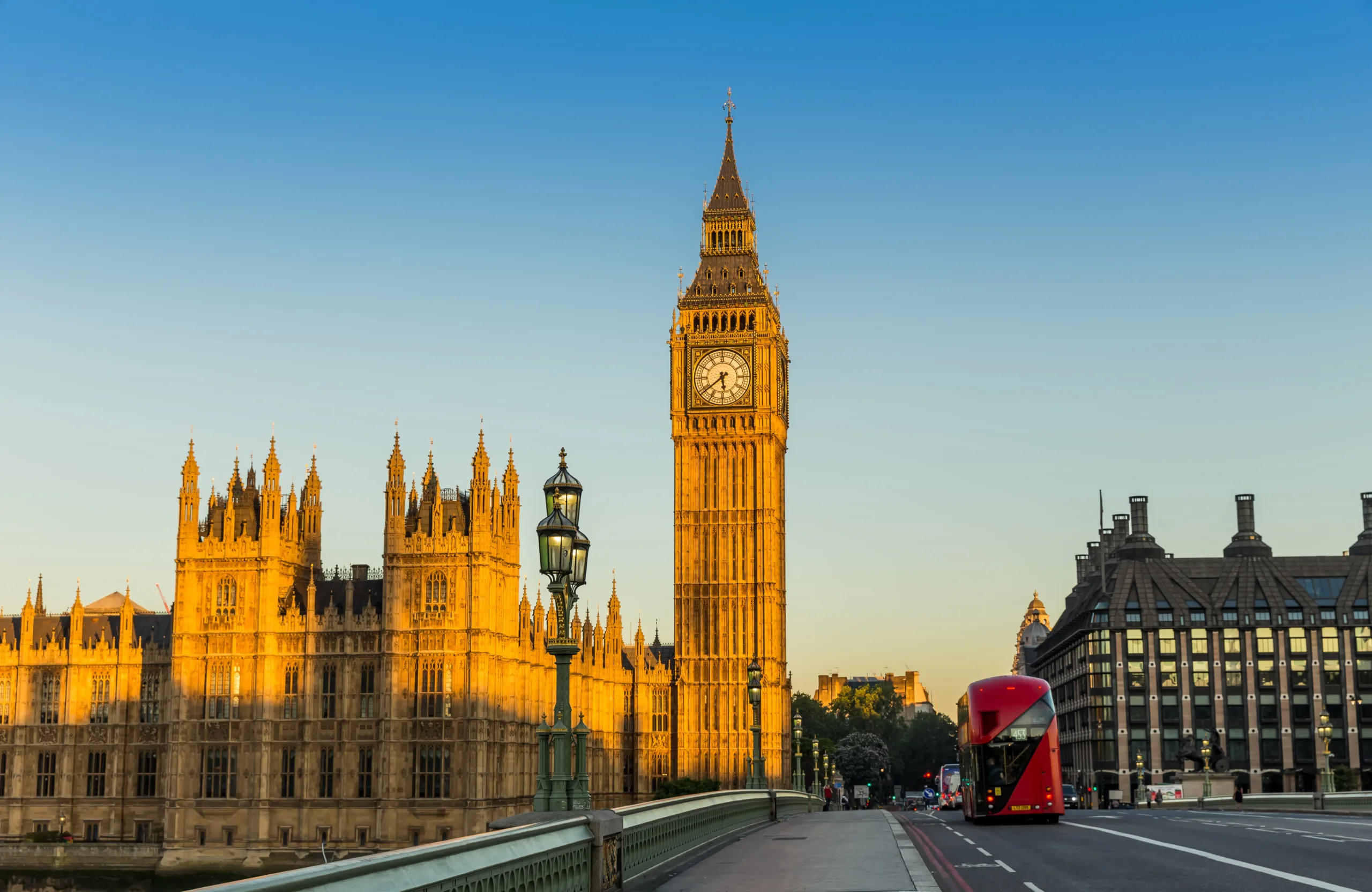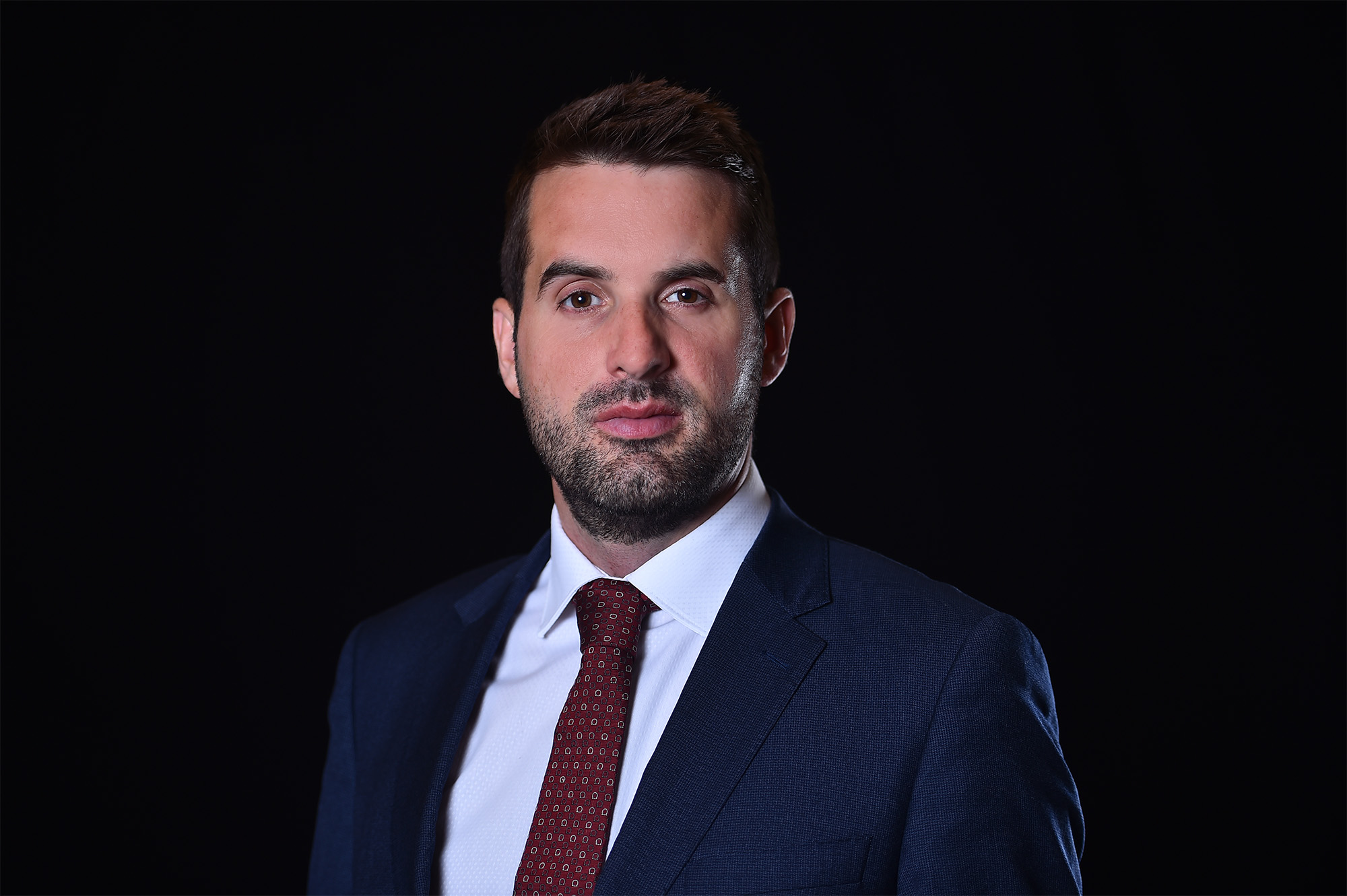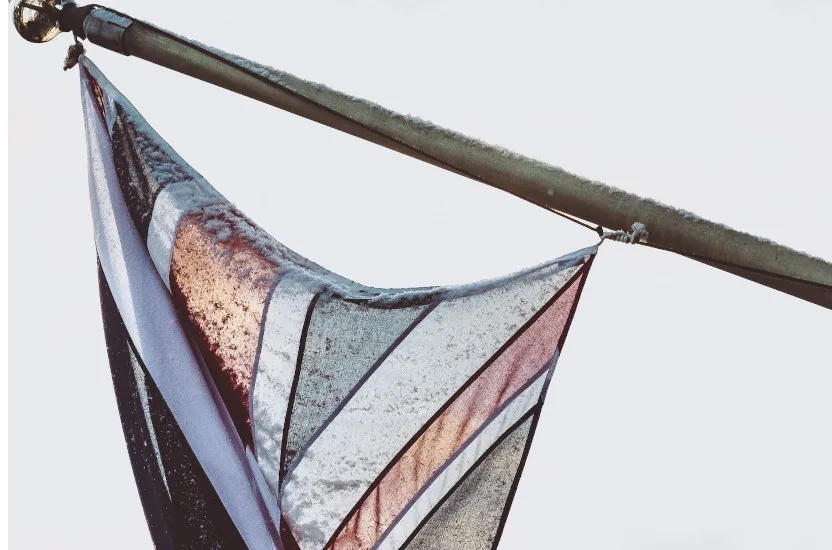Law and the State
The world is becoming increasingly unstable. Democracy and the rule of law are widely considered to be under assault. Gone are the assumptions of an increasingly free and liberal “New World Order” following the end of the Cold War. Instead, a multi-polar world is emerging, in which China represents an economic and political system which has been described as ‘authoritarian capitalism’. Other countries represent a hybrid model of partial democracy. The Washington DC based Wilson Centre has found that China is now the primary trading partner of more than 120 countries globally. It seems likely that this will impact the development of socio-economic systems and foreign policy of developing states in the years to come. Linked to this, much has been made of the ‘Collective West’s’ inability to persuade the ‘Global South’ of the need to back Ukraine in defending its territory from the Russian Federation. What does all this mean for the UK and its international visitors from countries that do not benefit from guaranteed benefits of the rule of law? And is the UK still a shining beacon for that rule of law?
Countries without the rule of law are high-risk for everyone, including prominent individuals and their families
Countries which do not benefit from democratic norms, such as an independent media, the rule of law and the separation of the judiciary from the executive and the legislature, are inherently high-risk for everyone. The lack of accountability that exists in many countries means that poor and vulnerable people are voiceless and continue to lose out. No-one, however is immune, and that includes prominent individuals and their families. Frequently such individuals will not consider themselves to be political in nature. Often, they are not campaigners, activists or politicians but are targeted because of their perceived wealth or prominence. They live in a political culture of ‘you are with us or against us’. Whilst they may strive for one, a neutral position is frequently not an option in the medium to long term.
Individuals can get caught up as collateral in wider political battles. Their political opinion can be imputed from their actions (or inactions), from their associations, or from their family connections. Some simply might not have sufficient political ‘cover’ required to operate in the riskiest of countries or industries. The ultimate goal of those targeting them is frequently financial but may also be a bid for power and control, and the means used to achieve these objectives can be the levers of the state.
In such high-risk states, a powerful businessman wanting to acquire the assets of another may not decide to negotiate a commercial deal in the usual manner. Instead he might use his political connections to encourage an investigation or even a police raid. This will then be reported in the national media, again utilising relationships between the state and the press. Once their target is arrested, the corruption in the judiciary can be utilised to ensure that a conviction follows, or at least the credible threat of a conviction without cooperation, can be made. The target may flee the country and be convicted in absentia. Their assets then often change hands at an undervalue or are seized by the state or the rival businessperson with everyone in the chain of corruption being handsomely paid. This pattern has been particularly apparent in politically strategic industries such as the media, mining, energy and banking.
Independent and successful entrepreneurs and investors in countries without a solid rule of law or separation of powers have to be alive to these political risks, and the reality of the absence of a rule of law. If they face persecution, it is often impossible to disprove. How do you respond to a targeted campaign by a corrupt opponent when evidence will never be fairly disclosed in the normal course of legal process and the process is run by a judiciary you can’t trust? Add to this the sad reality of hacking, harassment and targeting of family members and lawyers and you have a recipe for persecution. Attacks can be rapid, overwhelming and difficult to predict. And the problems of persecution aren’t restricted to the nation state, but can spread across the world. Authoritarian states have been known to exploit the Interpol Red Notice system against high-profile dissidents. Whilst such Notices and Diffusions can be appealed, this takes time and there are often severe consequences on an individual’s freedom, livelihood and reputation.
The counter argument is that corrupt individuals plead politics as a defence to bona fide actions of the state to prevent criminal enterprise. How, then, can the UK courts discern the difference and how can the UK media find the truth?
Protecting the Rule of Law: Article 6 and the Right to a Fair Trial
As set out above, prominent or high-net worth individuals are constantly at risk in jurisdictions without the rule of law, or in which the rule of law is merely a façade. The presence of robust safeguards to protect the rule of law indicates a healthy democracy. Some of these safeguards have found expression in international conventions, such as the European Convention on Human Rights (‘ECHR’). Article 6 has been incorporated into UK law under the Human Rights Act 1998 and the threat of an amended Bill of Rights has subsided for now. The British Courts and police have a responsibility to respect, protect and fulfil an individual’s Article 6 rights. Unlike authoritarian jurisdictions, the British criminal justice system offers key protections such as the right to a detailed and clear description of the charges against them, access to legal advice and adequate time to prepare any defence, a public hearing with the right to examine witnesses and of course the presumption of innocence until proven guilty.
In this international legal and political context the UK remains a relative haven of stability underpinned by the rule of law. In our experience the actions of the Putin regime in targeting opponents in the UK and abroad are well-known and understood by the UK courts. Many commentators are watching the ongoing elections in Turkey with the expectation of further politicised litigation and disruption to the democratic process. Our own legal and political systems are not immune to tensions around investigations into political figures. The most sobering lesson of the fragility of democracy and the rule of law is the explosion of anger, allegations and litigation involving Former US President Donald Trump in the context of the last election and the one to come. In the UK the Boris Johnson government was accused of breaking international law in its response to the Northern Ireland Protocol and steel tariffs and the arrest of anti-monarchists at the Coronation was a controversial development. But, whilst we must avoid complacency, we should be proud that our justice system is world renowned.
Our judiciary is fair and free from political influence and our lawyers and legal system are highly regarded. The English common law system is sophisticated and almost 1000 years old. As a state, the UK is a signatory to: the UN’s Universal Declaration of Human Rights, the European Convention of Human Rights and the 1951 Refugee Convention. Our court system desperately requires investment, and civil proceedings can be vastly expensive, but it upholds and enforces these fundamental rights; to include the Article 6 ECHR right to a fair trial. We are of the firm view that the UK will not extradite to countries that persecute rather than prosecute and our government and specialist asylum tribunal frequently grant asylum to those in such need. We have a robust system of open justice but also of protecting reputations and exposing bogus allegations. The UK is already well known to be an attractive destination for internationally mobile families for its schools, medical care, real estate, tax system and cultural assets. Added to this, and perhaps less remarked upon, it is also a safe state which offers a haven from political persecution and provides access to a fair, independent and robust system for those seeking justice.





